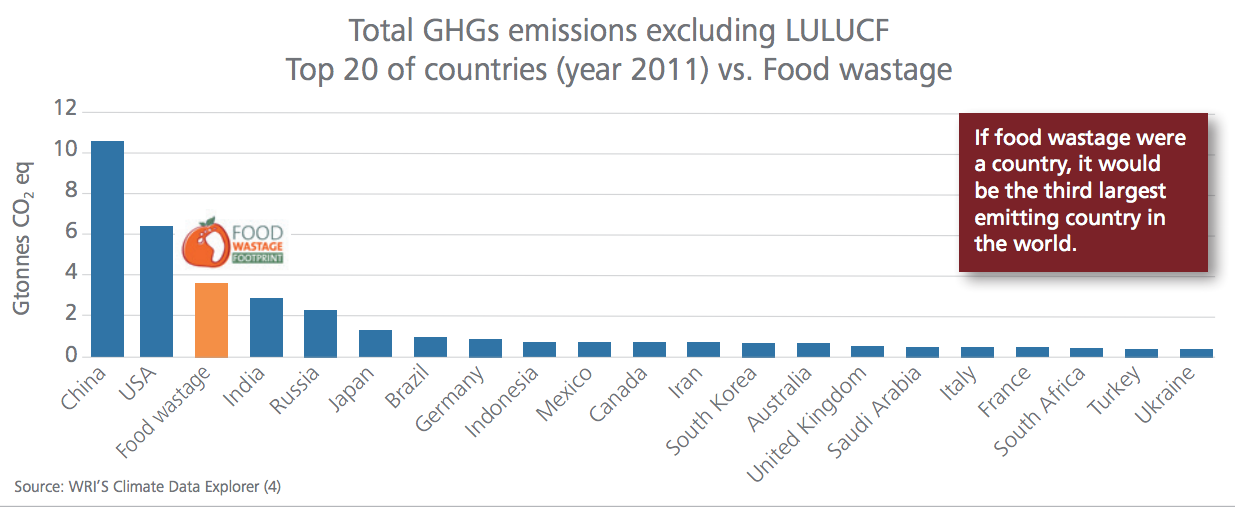LET’S TALK FOOD WASTE
Food waste not only throws tons of food into the landfill, but also means a waste of the resources used for its production, and promotes the increase of greenhouse gases (about 8% according to the World Wildlife Fund). In addition, when not composted, they gradually decompose, causing the formation of methane (CH4), a gas capable of retaining heat in the atmosphere, which contributes to global warming.
For many, food waste refers only to the food that has gone bad in our kitchens or those half-eaten portions left on our plates. However, food waste goes beyond that. Not only does it represent a problem for food security, but it also negatively affects the planet.
A global problem.
According to the United Nations 11% of food waste comes from our homes, (March 4, 2021), which although it may seem insignificant, it is not; since it has an economic, social and above all negative impact on our environment. The millions of tons of food that are thrown to waste is contradicting the hunger that affects many parts of the world. Of course, this can not be solved from the kitchen, but if we are aware of this problem then we will be more mindful when it comes to throwing food to waste.
According to the study conducted by the United Nations Environment Program (UNEP) and the WRAP Organization, there is no major difference when it comes to food waste in households in developed countries compared to developing countries. This may sound illogical, but it is so, because food waste goes far beyond what we leave on our plates.
HOW CAN WE HELP?
Making conscious choices in regards to our fresh products. Choosing those in season and locally produced helps a lot, since this alone reduces the use of gas to transport them from long distances.
Support those small businesses that are making an effort to have a positive and beneficial impact on the environment. We all know that it is more comfortable to choose traditional markets, but if we demand that they make changes, they will have to fall in line, because they will have no other alternatives than to satisfy their customers.
Avoiding the use of single-use plastic is very important. There are so many products and goods that come to our homes, mainly in the kitchen and are covered in plastic wrappings, it is simply astonishing. Besides the obvious impact on the environment, this plastic wrapping can lead to the products going bad quicker. It is imperative to understand that we cannot recycle this type of plastic, so have you asked yourself where does it go? I don't think I have to answer...
By reducing beef consumption, we are also helping. This sector requires enormous amounts of water and land and generates about 18% of greenhouse gases, according to the Food and Agriculture Organization of the United Nations (FAO).
Using a shopping list will help you avoid buying excess food products, using those that are close to their expiration date and enjoying the leftovers meals are other alternatives to avoid food waste.
Composting: another option to consider is the preparation of compost, a fertilizer that is formed thanks to the decomposition of organic matter, such as fruits and vegetables that have already begun to deteriorate; besides being very useful to fertilize plants without having to resort to harmful chemicals, it has other benefits for the environment:
It decreases the amount of organic waste (fruit and vegetable) that usually end up in landfills, thus helping to reduce the greenhouse effect.
Helps to retain moisture in the soil and decrease the amount of water needed to irrigate plants.
Helps reduce soil erosion.
Getting into the habit of reading the expiration date marked on most food products could save tons of food.
When we incorporate preventive measures to avoid the food we buy from being thrown away, we have a major impact on the environment, thus avoiding the formation of greenhouse gases.


